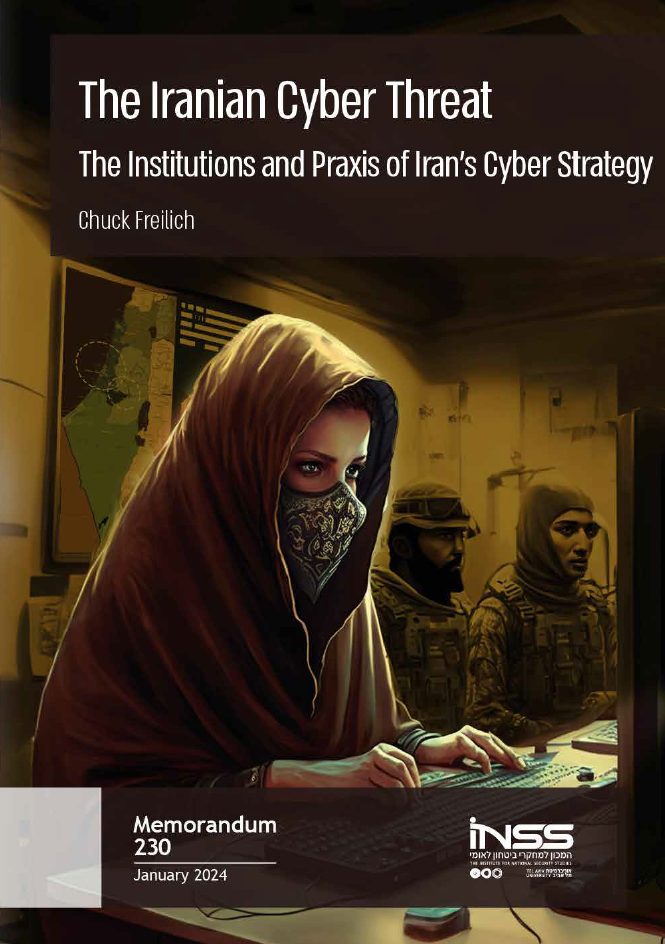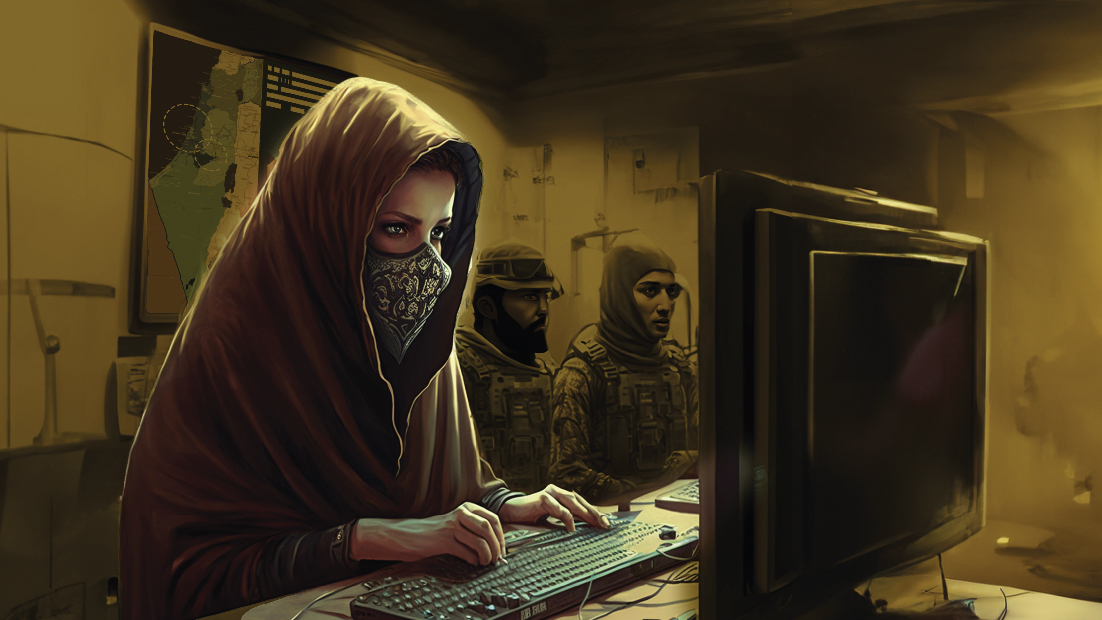Publications
Memorandum 230, February 2024

Iran was one of the first states to formulate a national cyber strategy, including development of the necessary state institutions and technological capabilities. Today, Iran is one of the more active states in the cyber realm, near the top of the second tier of global actors. Iran’s cyber attacks have demonstrated the potential to disrupt, sabotage and even destroy civil and commercial targets, critical national infrastructure and military capabilities, and its cyber espionage and information operations have been particularly extensive. Israel and the United States are Iran’s primary targets.
This study presents a comprehensive and up-to-date analysis of Iran’s cyber strategy, institutions and praxis. Its five parts present: a brief background on the cyber threat and what makes it different from other realms of conflict; Iran’s cyber strategy and the institutions and capabilities it has developed; the primary cyber attacks Iran has conducted against the US and actors in the Middle East and around the world; the Iranian cyber threat to Israel; and an assessment of the actual impact of Iran’s attacks to date, along with conclusions and policy recommendations.
Click here to download the full Memorandum



